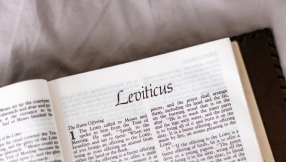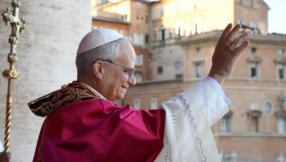
"But when he heard it, he said, "Those who are well have no need of a physician, but those who are sick. Go and learn what this means, 'I desire mercy, and not sacrifice.' For I came not to call the righteous, but sinners."
Matthew 9:12
Much of Christianity is viewed as people trying to attain and reach communion with God when the true message of our faith is our Lord Jesus coming down to us and reaching out to the broken and lost and restoring us back to Him.
The statement from the scripture from Matthew 9:12, "I desire mercy, and not sacrifice," is one that really needs pondering because it's a message we don't get right away but should never miss out as disciples of Christ. In this scripture, Jesus is confronted by Pharisees who criticise Jesus for sitting and fellowshipping with Matthew and many other tax collectors. Up to this time, piety was observed by a small group of people who would fast, read scripture, observe Mosaic law and many other religious traditions but would lose the meaning of it.
The scripture is a direct reference to Hosea 6:6 which says, "For I desire steadfast love and not sacrifice, the knowledge of God rather than burnt offerings." What Jesus is trying to teach here is a foundational truth of His character, which is His unfailing love. So many times, we think that our faith has more to do with what we do more than what Jesus has done for us to receive His favour and goodness.
Today, there is so much emphasis on our sacrifice—people leaving their comforts to pursue God, broken intercessors fasting to gain God's favour and Christians "counting the cost" to follow Jesus. And as important as these things are and as much as we are encouraged to do so, let us not think that this is what builds up our relationship with God. Our sacrifice is no more an outcome than it is a precedent to communing with God.
In our fallen moralistic state, we can all think that because we are unworthy of God's presence, we have to earn His favour and His move in our lives, but following Jesus has very little with us pursuing Him and has so much more to do with Jesus pursuing us even in our fallen and moralistic state.
Jesus calls the sinners to follow Him, not those who perceive themselves righteous and able enough to earn God's favour on their own. We follow Jesus not as a result of our good works, but as a result of our complete dependence and reliance to His grace and mercy to redeem and empower us.













